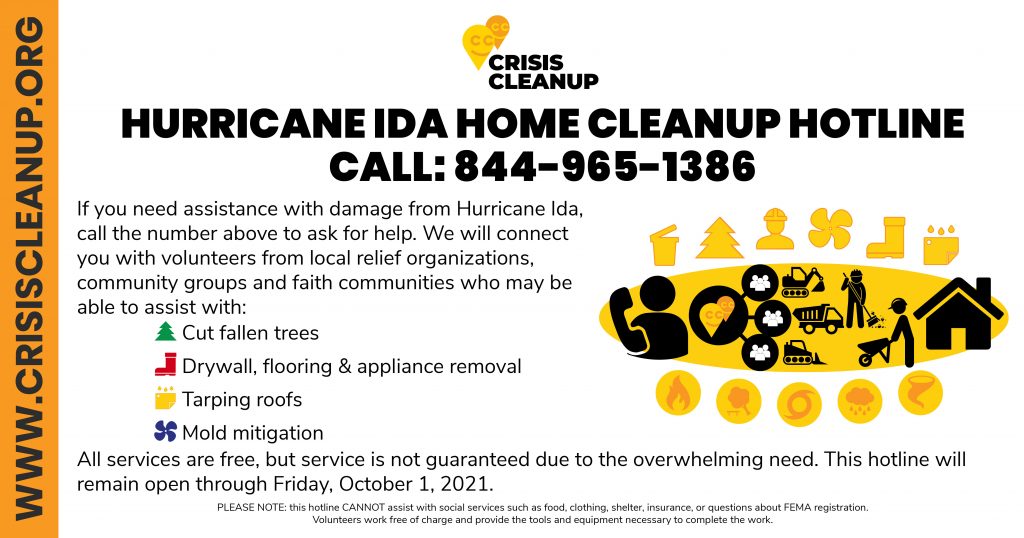DOVER, DE (Jan. 27, 2023) – The Delaware Division of Public Health (DPH) is announcing the closure of the COVID-19 call center and the vaccine call center due to a low volume of calls. The Call Centers’ last day of operation will be Tuesday, January 31. Delawareans may still access critical COVID-19 information on the website at de.gov/coronavirus, where questions can be submitted via the contact form at coronavirus.delaware.gov/contact. General questions about COVID-19 will still be answered by calling 2-1-1 or by emailing DPHCall@delaware.gov, or Vaccine@delaware.gov for vaccine-specific questions.
“The COVID-19 call center has provided an invaluable service to Delawareans throughout the pandemic who had so many questions about this new disease,” said Interim DPH Director Dr. Rick Hong. “We started with multiple call center operators, even having to open a separate Vaccine Call Center when the vaccine program rolled out. However, significantly lower call volume concerning COVID-19 as the pandemic wanes and evolves is allowing us to re-allocate personnel to other critical health work. Most people are accessing information through the web however, we remain dedicated to answering COVID-19 related questions through our email resource boxes, which will continue to be monitored. We will also continue to communicate COVID-19 information to Delawareans using media and community partners, to encourage them to practice health safety by getting vaccinated against COVID-19 and the flu, staying home when sick, and wearing a mask in public areas if they feel sick and must go out.”
The COVID-19 call center was launched on March 4, 2020, under the leadership of former DPH Director Dr. Karyl Rattay. The creation of the COVID-19 call center stemmed from the tremendous number of calls DPH was receiving about the novel coronavirus. At the time of launch, Delaware reported no coronavirus cases in the state. The call center provided critical information to schools, medical providers, state agencies and community organizations. A second call center was opened on Dec. 19, 2020, to field questions about COVID-19 vaccines.
Resources:
Individuals with general questions about COVID-19 should call Delaware 2-1-1, individuals who are deaf or hard of hearing can text their ZIP code to 898-211, or email delaware211@uwde.org. Hours of operation are:
- Monday – Friday: 8:00 a.m. to 9:00 p.m.
- Saturday: 9:00 a.m. to 5:00 p.m.
For the latest on Delaware’s response, go to de.gov/coronavirus.
###
The Delaware Division of Public Health (DPH), a division of the Delaware Department of Health and Social Services, is a nationally accredited public health agency recognized by the Public Health Accreditation Board for its outstanding dedication to driving change through innovation. DPH is committed to improving the quality of the lives of Delaware’s citizens by promoting health and well-being, fostering self-sufficiency, and protecting vulnerable populations.
Anyone who is deaf, hard of hearing, Deaf-Blind, or speech-disabled can contact DPH by first dialing 711 using specialized devices (i.e., TTY, TeleBraille, voice devices). The 711 service is free; to learn more about how it works, visit delawarerelay.com.

